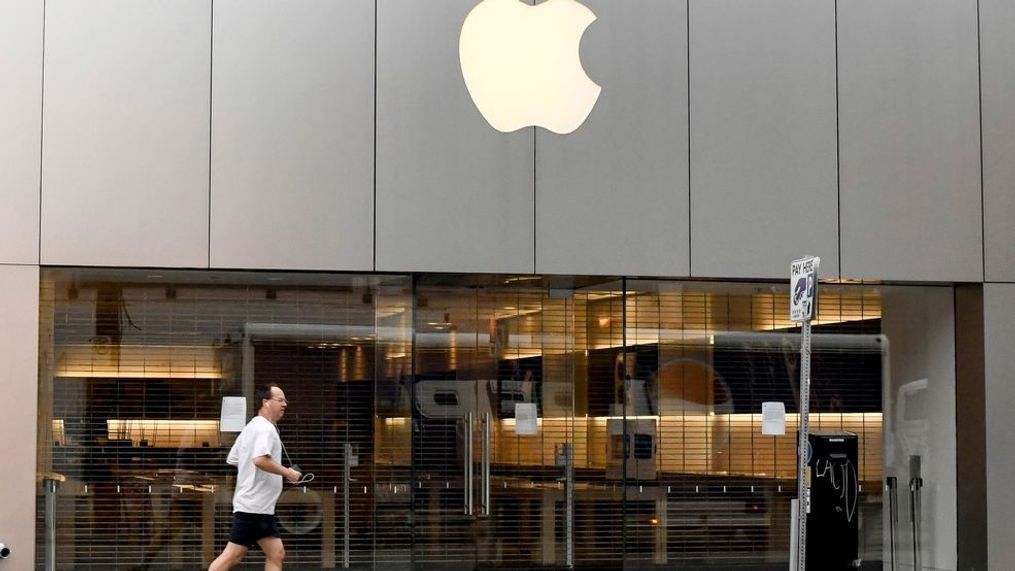Some experts doubtful enough Americans will get on board with new contact tracing system

WASHINGTON (SBG) — Going from competitors to collaborators, Apple and Google are launching a Bluetooth contact tracing system for coronavirus cases that some are concerned won't be effective.
The voluntary system will run through public health applications to keep track of who is infected with the virus and notifies other people who were in their proximity.
The system is set to launch next month, and some estimate it could be used in over three billion phones worldwide.
“Tracking will raise a lot of privacy questions even though honestly, it’s the only way that we can get out of this, by testing and tracking," said MIT Professor Yossi Sheffi.
Apple and Google stated they are prioritizing user privacy. If a person doesn't want their data shared, they shouldn't download a public health application that uses the system.
Experts say for the system to be effective, the majority of the population has to participate.
“Most of the experts I’ve talked to said you need probably 75% of your population," said cyber and terrorism analyst Brad Garrett.“So if you were in, for example, Washington, D.C. metropolitan area has maybe five or six million people total, could you get 75% of them to download an app? My guess is no.”
Other countries, like China, have implemented GPS-based surveillance systems. Sheffi believes Americans are less likely than people in other countries to agree to participate in this kind of surveillance.
“There are countries like Sweden, where people just trust the government and they trust the government does the right thing," said Sheffi. "We are not exactly in this situation.”
Google and Apple state there will be no names or locations exchanged. Still, the hope is enough Americans will give up some privacy if it means stopping the spread of the virus.
Garrett is not optimistic this will be the case.
“People are generally a little weary of both Google and Apple as far as privacy," said Garrett.“I’m not optimistic you’re ever gonna get a big enough group of people to do it to make it effective.”
